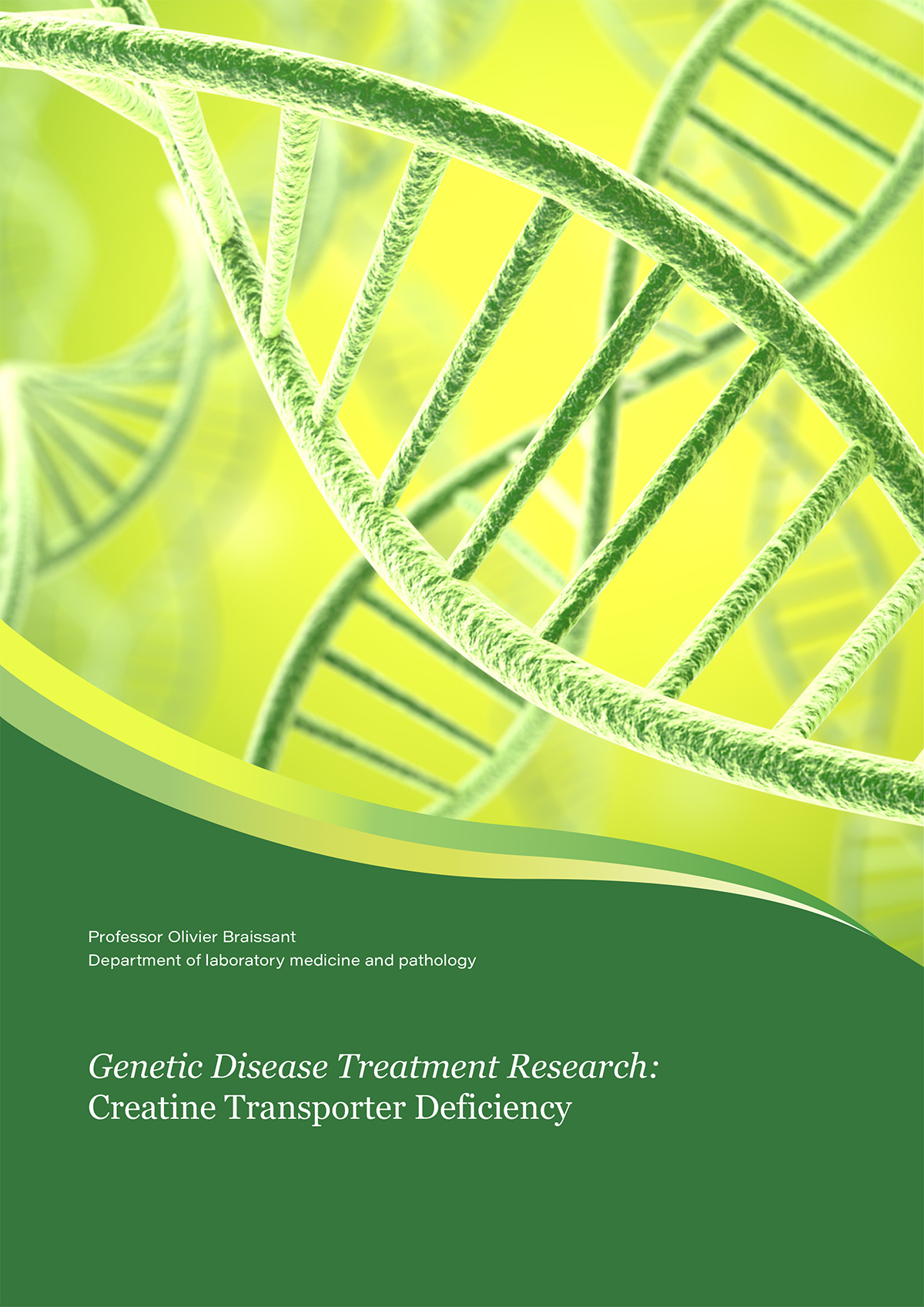Here, Professor Olivier Braissant explains the challenges of treating genetic diseases – with a specific look at creatine transporter deficiency
While the world continues to reel from COVID-19, treatments for the virus are abundant. Even though they remain inaccessible to many countries, there is no shortage of vaccine candidates – from the inhalable, to the injectable. Luckily, scientists were able to adapt existing vaccine technology.
But what happens when there is no precedent for exact treatment? That’s when scientists have to get creative, discover new things about the illness they’re working with and the potential of the human body to present paths to a cure.
According to Professor Braissant, treating genetic diseases has always been a challenge.
While some can be handled via specific diets, medications and the use of chaperone molecules or enzyme replacement therapies, most remain without a treatment – which means that further research into genetic diseases is essential to the creation of more treatments.
So, what is creatine transporter deficiency? And how is it crucial to the creation of future treatment?
Professor Braissant explains that: “Creatine transporter deficiency is the archetype of a genetic disease being extremely challenging to treat. The disease essentially affects the brain, and the only way to treat it means being able to restore reasonable levels of Cr (or Cr derivatives performing the same functions as Cr) within the brain tissue.”
However, it is uniquely difficult to get a molecule to enter the brain via the periphery.
So, how can creatine transporter deficiency related genetic diseases really be treated?
According to the experts, new delivery routes to the brain must be found.
One of them is the nose-to-brain delivery route, where a spray is applicated in the nasal cavity, delivering the treatment to cross directly from the tip of the nasal epithelium into the brain – then diffusing into it, not unlike some of the inhalable COVID vaccines that are being created.
To learn more about the latest in treating the formerly untreatable genetic diseases of the world, look no further.


